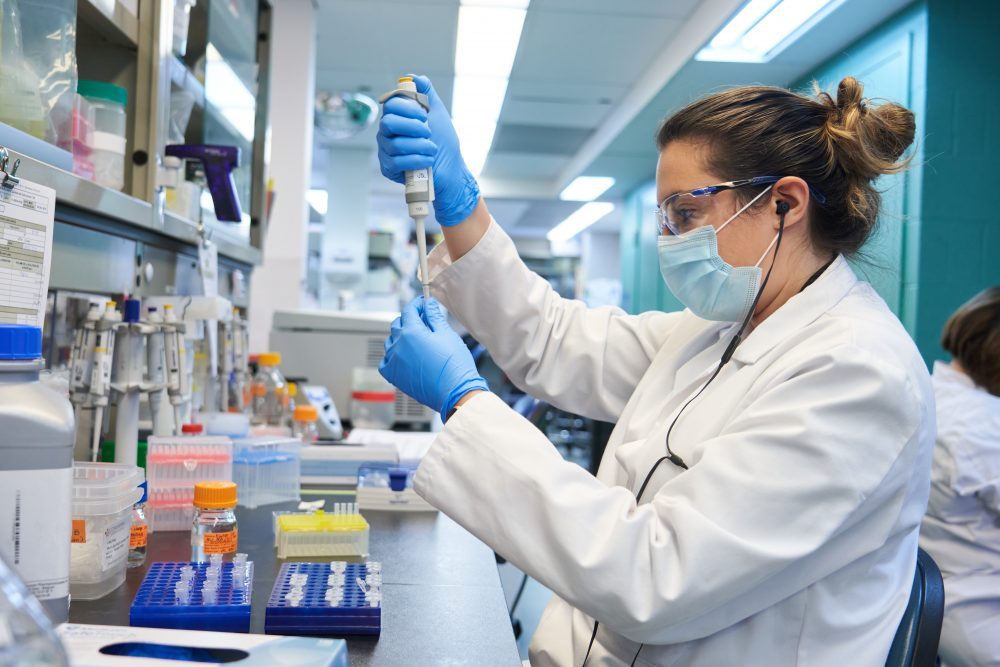The first COVID-19 vaccine manufactured by a Canadian company will “very likely” not get the green light for emergency use by the World Health Organization (WHO) due to its ties to the tobacco industry.

Dr. Mariângela Simão, WHO’s assistant director-general for access to medicines and health products, spoke about the vaccine during a press briefing Wednesday.
“Due to its connections — it’s owned by tobacco company Philip Morris International — so the process is put on hold because it’s well known that the WHO and UN have a very strict policy regarding engagement with tobacco and arms industries,” she said. “So the process is on hold.
“It’s very likely that it will not be accepted for emergency list using by WHO.”
A guidance document from WHO on its website from March 2 shows the evaluation process for each COVID-19 vaccine submitted for review. Medicago’s COVID-19 vaccine is listed as “not accepted” in the organization’s expression of interest phase.
The Quebec-based biopharmaceutical company’s vaccine marks the world’s first-ever plant-based jab for human use. The vaccine, called Covifenz, is comprised of two doses that must be administered 21 days apart, based on evidence from clinical trials.
The company submitted its last phase of data, which included 30,000 volunteers, for regulatory review by Health Canada in December 2021. The latter approved Medicago’s vaccine for use in late February, for people aged between 18 and 64.

Get weekly health news
Canada has a contract to buy up to 76 million doses of Covifenz but its vaccine strategy is now relying solely on mRNA vaccines from Pfizer-BioNTech and Moderna.

If the WHO denies the application it would prevent Canada from donating any of its Medicago doses to COVAX.
Medicago said in a statement Thursday that it has not received any “official communication” from WHO to date.
“It is our understanding that this decision is linked to Medicago’s minority shareholder and not the demonstrated safety and efficacy profile of our COVID-19 vaccine,” president and CEO Takashi Nagao said.
In July 2020, the company had announced plans to distance itself from Philip Morris International. The association has been a source of roadblocks and criticism for Medicago.
Federal Health Minister Jean-Yves Duclos said Thursday the government is closely monitoring the situation.
“We’re looking at the exchanges between WHO and Medicago,” Duclos said.
“Minister Champagne and I have contacted Medicago to make sure that its contact with WHO is done properly so that everyone — not only here in Canada but elsewhere in the world — can take advantage of this new vaccination that has been approved by Health Canada and it can be good for a lot of other humans living elsewhere on the planet.”
In a statement, Health Canada said the federal government has “studied the matter of its investment in Medicago carefully and considers that it is compliant with its treaty obligations related to tobacco control under the WHO Framework Convention on Tobacco.”
It adds that framework requires parties to the convention “to specifically protect ‘public health policies with respect to tobacco control’ from ‘commercial and other vested interests of the tobacco industry.'”
Health Canada says that “does not preclude” the government from collaborating with Medicago on vaccine development and “procurement to ensure that a ready and effective supply of vaccines is available for its population.”
The department also said it is prepared to work closely with regulatory authorities in other countries or regions to share information on its review of Medicago’s COVID-19 vaccine and help them gain access to vaccine supplies as they become available.
— with files from Global News’ Irelyne Lavery, Carolyn Jarvis, Emanuela Campanella, Nicole Gibillini and The Canadian Press









Comments
Want to discuss? Please read our Commenting Policy first.